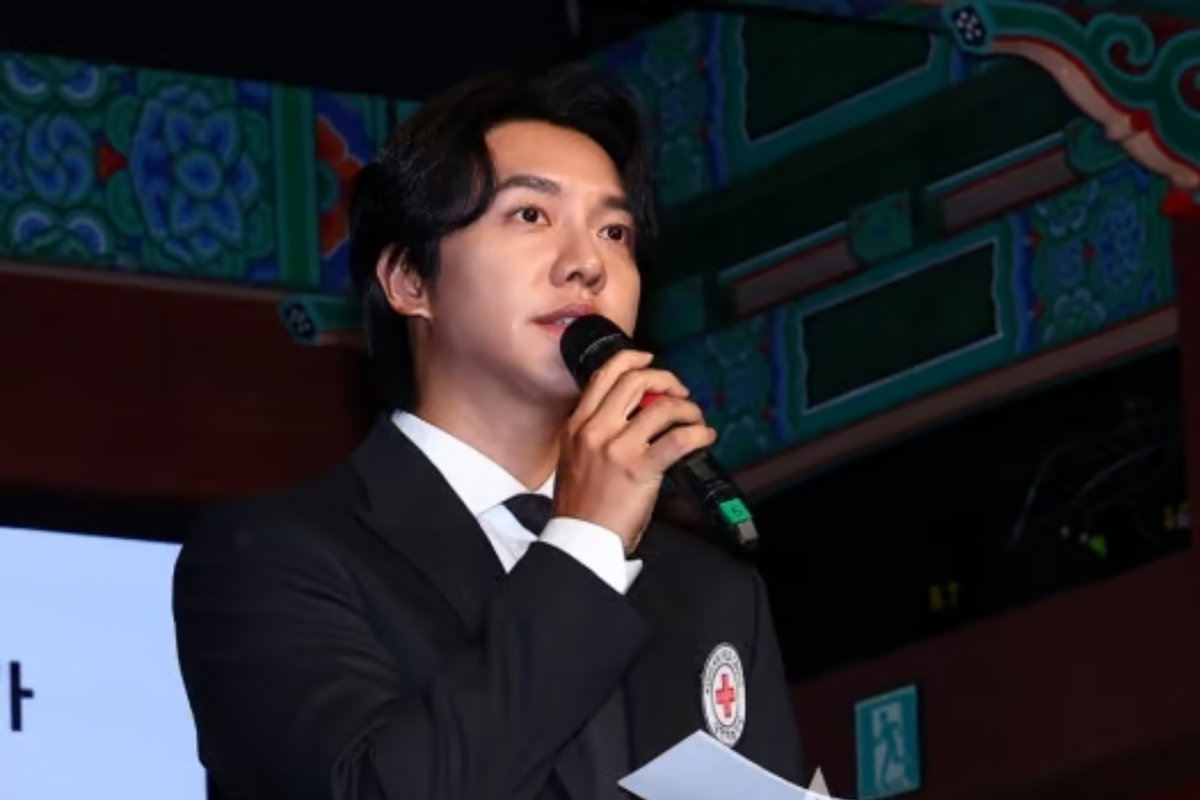“Recovering 18 Years of Unpaid Earnings” Lee Seung Gi Reveals Court Ruling After Winning Settlement Lawsuit: “Trust Was Broken”

Singer and actor Lee Seung Gi has won his lawsuit against his former agency Hook Entertainment (now Chorokbaem Media) over unpaid royalties, with part of the court ruling being publicly disclosed.
His current agency, Big Planet Made Entertainment, announced on April 8: “The plaintiff (Hook Entertainment)’s failure to pay settlement money and provide settlement data was either intentional or at least grossly negligent. This constitutes a failure to fulfill their obligation to properly settle digital music and album revenue, thereby destroying the high level of trust established between the plaintiff and the defendant (Lee Seung Gi).”

This implies that although Hook Entertainment had a legal and contractual duty to provide Lee Seung Gi with payment and related documents, they neglected this for over a decade. The court recognized this behavior as either intentional or grossly negligent, resulting in the breakdown of trust with the artist.
The ruling further stated: “Given that the plaintiff exclusively managed the data related to the defendant’s album and digital music revenue, and considering the high level of trust the defendant placed in the plaintiff, it would have been difficult for the defendant to realize that settlement claims had arisen when the plaintiff was not fulfilling their obligations to manage, prepare and provide the settlement documents.” This highlights the court’s acknowledgment that Lee Seung Gi, as an affiliated artist, had limited means to assess the transparency of revenue settlements when the company held exclusive control over all financial records.

Back in 2022, Lee Seung Gi had sent a legal notice to Hook Entertainment, where he had been signed since his debut, stating that he had not received a single settlement for digital music revenue over 18 years, nor had he been given any financial records. He also notified the termination of his exclusive contract.
Hook Entertainment later paid approximately 5.4 billion KRW after their own calculations but filed a lawsuit claiming that Lee Seung Gi should return 900 million KRW, arguing they had overpaid from advertising income.

Throughout the legal battle, Lee Seung Gi publicly advocated for better protection for younger artists who start their careers at an early age. His efforts contributed to the revision of the Development of Popular Culture and Arts Industry Act, informally known as the “Lee Seung Gi Prevention Law”, which mandates entertainment agencies to provide annual settlement reports and corresponding accounting data in written or electronic form.
This landmark ruling is seen as a crucial turning point for the Korean entertainment industry, raising the bar for transparency and fairness in artist contracts and payment systems.


